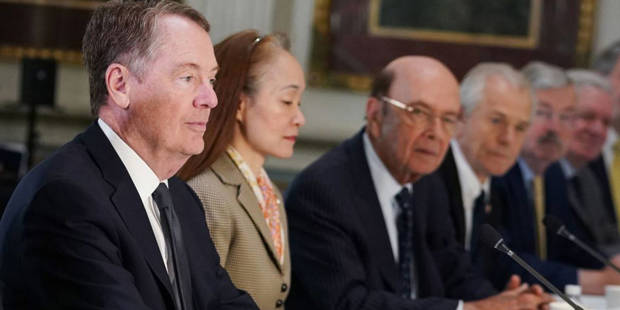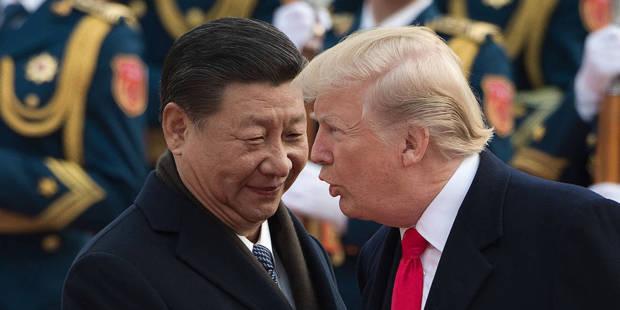Martin Feldstein
Martin Feldstein was Professor of Economics at Harvard University and President Emeritus of the National Bureau of Economic Research. He chaired President Ronald Reagan’s Council of Economic Advisers from 1982 to 1984. In 2006, he was appointed to President Bush's Foreign Intelligence Advisory Board, and, in 2009, was appointed to President Obama's Economic Recovery Advisory Board. He was also on the board of directors of the Council on Foreign Relations, the Trilateral Commission, and the Group of 30, a non-profit, international body that seeks greater understanding of global economic issues.
-
Will the US Capitulate to China?
 Free to read
Free to readWill the US Capitulate to China?
Feb 25, 2019 Martin Feldstein warns that any bilateral trade deal that fails to address theft of US companies' technology will be useless.
-
There Is No Sino-American Trade War

There Is No Sino-American Trade War
Jan 29, 2019 Martin Feldstein defends US import tariffs as an effective way to stop China's theft of American companies' technology.
-
Why Is the Fed Still Raising Interest Rates?

Why Is the Fed Still Raising Interest Rates?
Dec 27, 2018 Martin Feldstein sees three reasons for continuing to tighten monetary policy, despite slowing economic growth.
-
How to Save Social Security Systems

How to Save Social Security Systems
Nov 28, 2018 Martin Feldstein advocates a mixed system of fixed, tax-based benefits and variable, market-based returns.
-
Falling Share Prices and the Outlook for the US Economy

Falling Share Prices and the Outlook for the US Economy
Oct 29, 2018 Martin Feldstein explains why the decline in household wealth implied by a more normal price-earnings ratio will mean recession.








